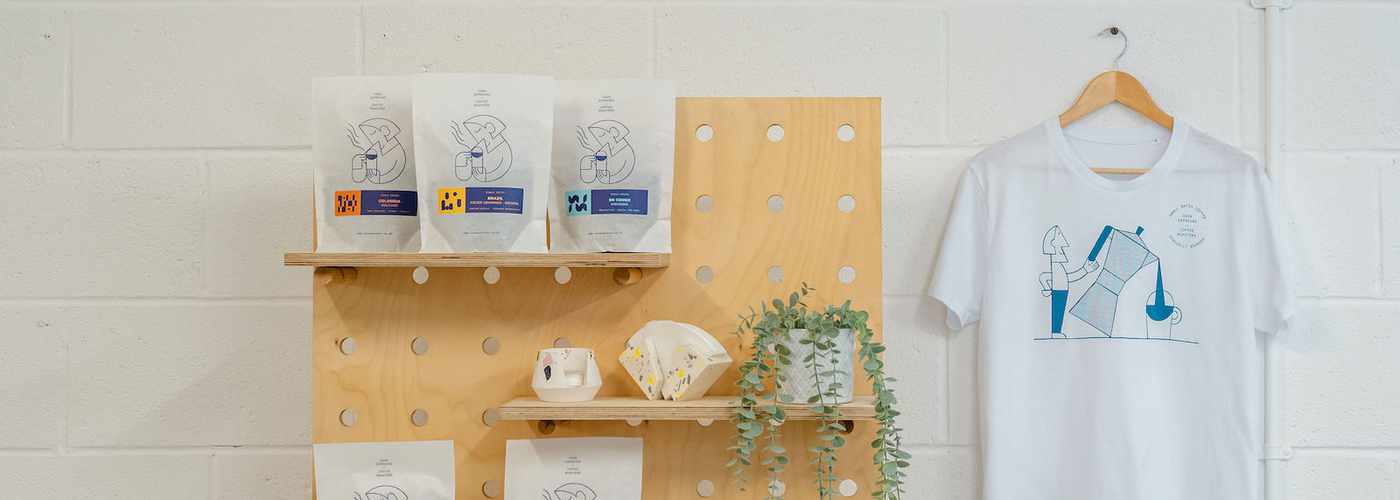From pizza to pods, Sarah Cotterill hears the tale of Casa Espresso’s journey, from Managing Director, Nino Di Rienzo
Nino Di Rienzo is a man of many firsts. His family opened Bradford’s very first Pizzeria in 1974, after his Mum began selling samples from a little table outside Morrisons. After securing premises below a café on Godwin Street, apparently even Barbara Windsor once strolled in for a slice, during a stint performing at the Alhambra. Some of his earliest memories involve running downstairs to the kitchen where the head chef Franco would offer him fresh bread dipped in a pan of slow-cooked tomato sauce.
It’s about opening up the accessibility of speciality coffee to more people
After managing their next restaurant, Zio Tonino, Nino’s Dad began importing Sanremo espresso machines from Italy. “We used to visit the factory in Treviso”, he tells me, where he soon learnt to repair and build the machines from scratch. Nobody else was roasting coffee at the time, and after his Father sadly passed away in 2006, he took over the business, driving down to Norwich to collect a second hand one-kilo electric roaster. “We started messing around, and we thought actually, this is not bad!”
From these humble beginnings, Nino has led a close-knit team to gain three Great Taste Awards, and in 2019 the company became a certified Great Taste Producer, winning the Yorkshire provenance Mark. Last year they invested in a second Roaster and moved premises – to a shiny new warehouse, where I swung by one Tuesday for a visit.
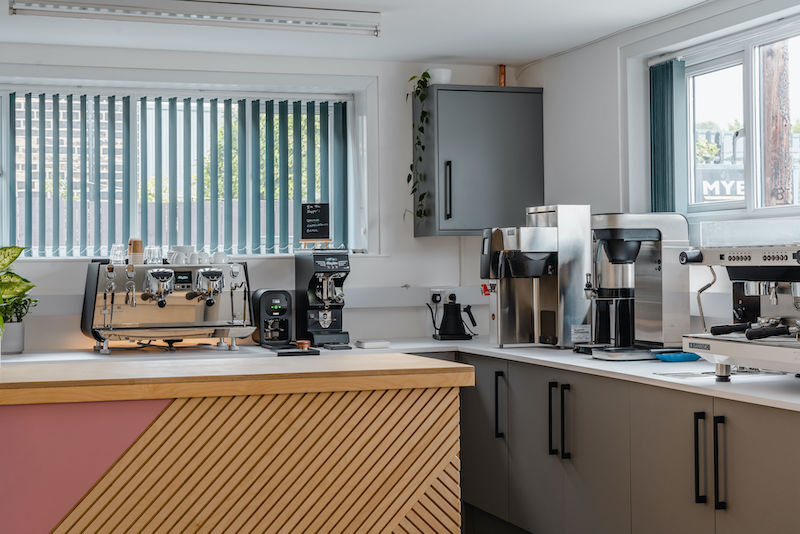
Casa Espresso is located on an unassuming industrial estate in Baildon, three miles north of Bradford city centre. Between Timber Merchants, Terracotta World and a Toolstation, their unit is at the end of Briar Rhydding House, tucked away behind bright blue corrugated shutters.
Inside, the air is warm with a sweet, toasted aroma. Large hessian sacks of coffee are piled on pallets beside two giant black roasting machines complete with handles, drums, funnels and pipes - the kind of contraptions you’d imagine juddering and spluttering with steam in a chaotic episode of Wallace & Gromit. These are actually Casa Espresso’s Probat and Joper centrifugal Roasters, a German and a Portuguese model, which churn through 350 kg of green coffee each week.
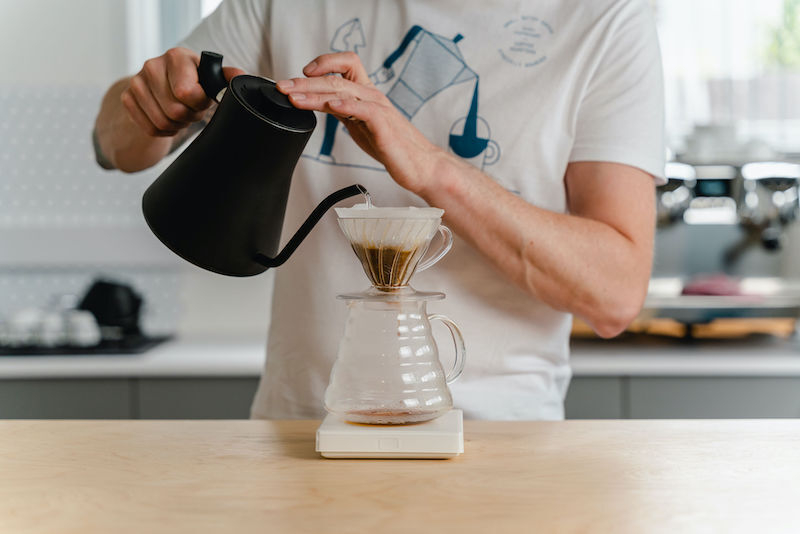
Head Roaster Jonnie and Account Manager Jacob peer at a laptop screen, wired up to the Joper. Vector lines on a graph depict what looks like seismic activity, tracking the temperature and roast profile of the coffee, spinning like a tumble dryer above a 240 degree gas furnace. We wait patiently for what the industry refers to as ‘the first crack’, watching through the tiny porthole window as the coffee changes colour from green to gold to brown, tinkling like rice crispies in motion. Then, with the swish of a lever, it drops down into a cooling tray before it’s blended with another origin, ready to be shipped off to cafes and wholesale partners.
Coffee culture is in Nino’s blood. But now when he goes home to Caiazzo, due North of Naples, he baulks at the thought of sipping a dark shot of espresso. “I cannot drink coffee when I go back to Italy now…. I almost spit it out it’s so bad,” he laughs. Casa Espresso instead specialise in light to medium roast coffee, which brings out the natural fruity flavours of the cherry, showcasing a variety of washing processes, from honey to natural to sugarcane.
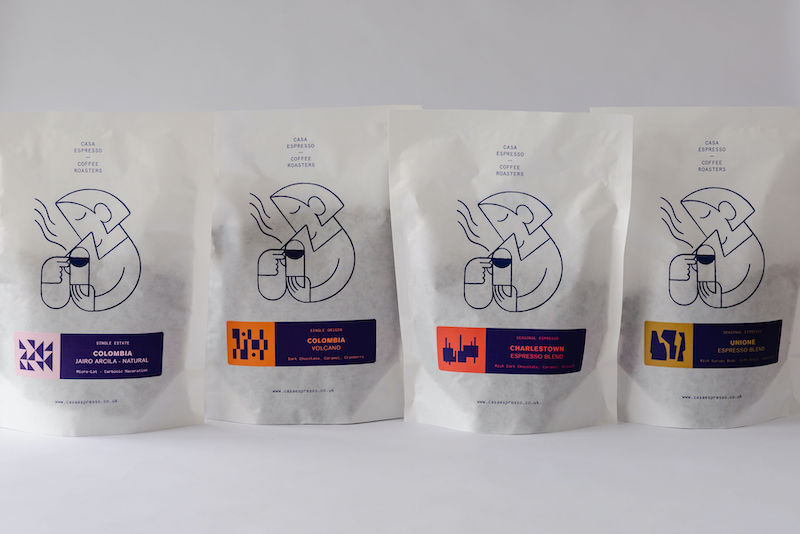
As Jacob slurps from a line-up of their coffees in tumblers on the counter, he’s looking for what he describes as “a pleasant cup”; a slurp with a well-rounded feel to extract tasting notes for the packaging, or return to the Probat for a second roast after a few adjustments.
Any leftover batches that don’t quite hit the mark are sold on their web shop as a lucky dip.
In fact, Casa Espresso are mindful of their footprint right across the supply chain. Their green coffee is carefully selected from a handful of cooperatives dedicated to better working conditions for their farmers. All the information from the coffee’s origin is traceable and handed to the customer, who can scan a QR code on the back of their pouch to find out more.
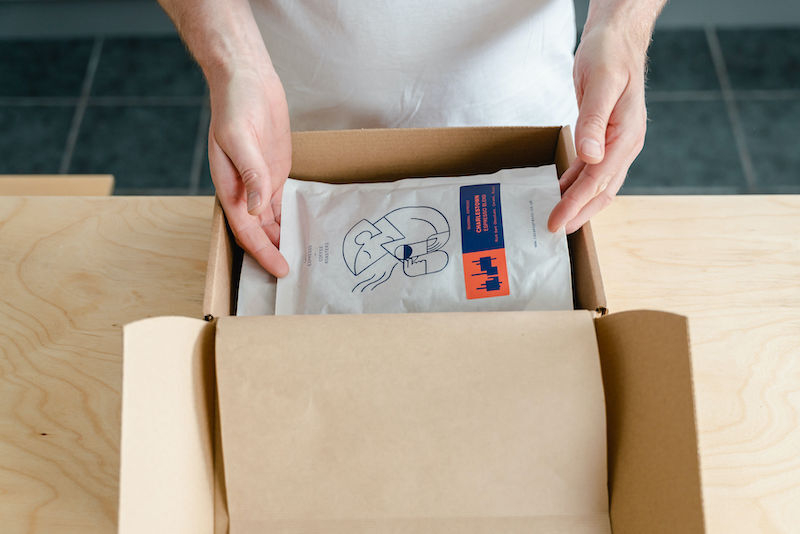
They’ve just launched a new range of 100% recyclable packaging, which has a wonderful papery, smooth feel to it; Jay Cover’s charming angular designs all printed with water-based inks. Soon they will be adding compostable coffee pods to their offering, a market which is gaining momentum on the speciality scene. “We’re always trying to do something different,” Nino adds. “Not everybody can afford an espresso machine at home, not everybody wants to buy filter coffee, or has the time…It’s about opening up the accessibility of speciality coffee to more people really.”
And after slurping some of their brews on the counter, this is definitely coffee that more people need to try.
To find out more about Casa Espresso, their machines, subscriptions, stockists and barista training, head to the website and follow them @casa_espresso.
Get the latest news to your inbox
Get the latest food & drink news and exclusive offers by email by signing up to our mailing list. This is one of the ways that Confidentials remains free to our readers and by signing up you help support our high quality, impartial and knowledgable writers. Thank you!



